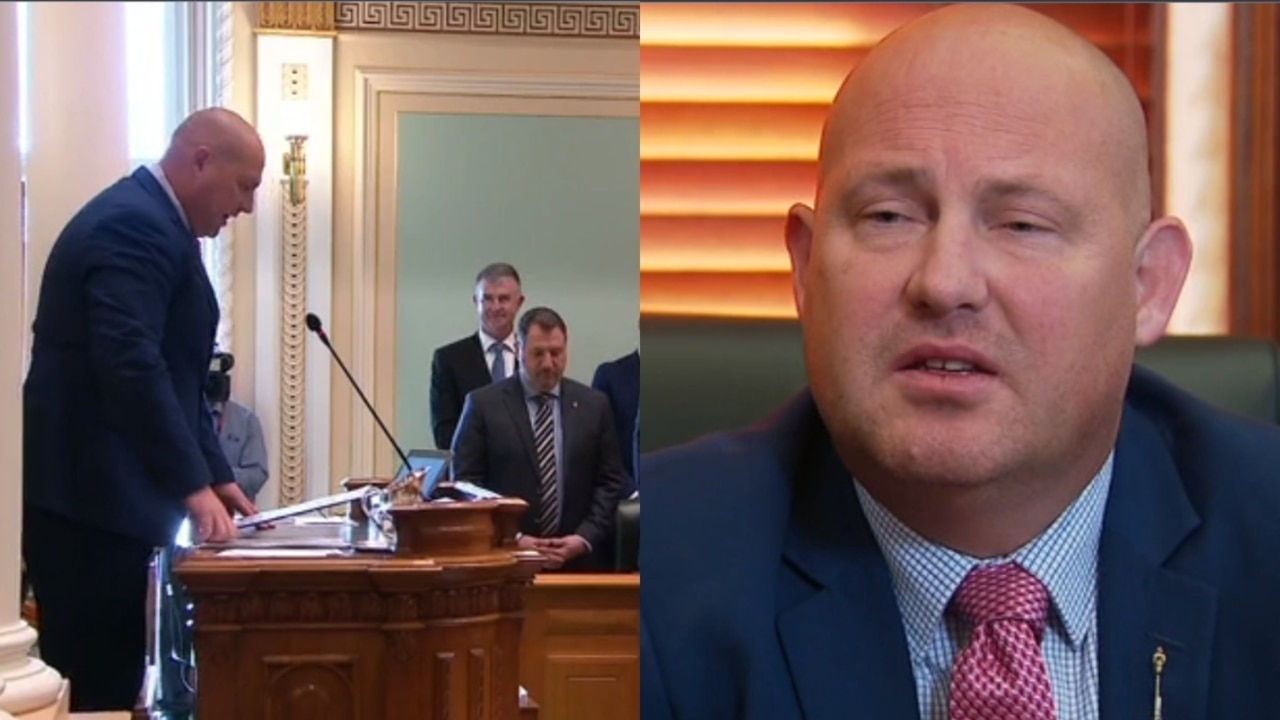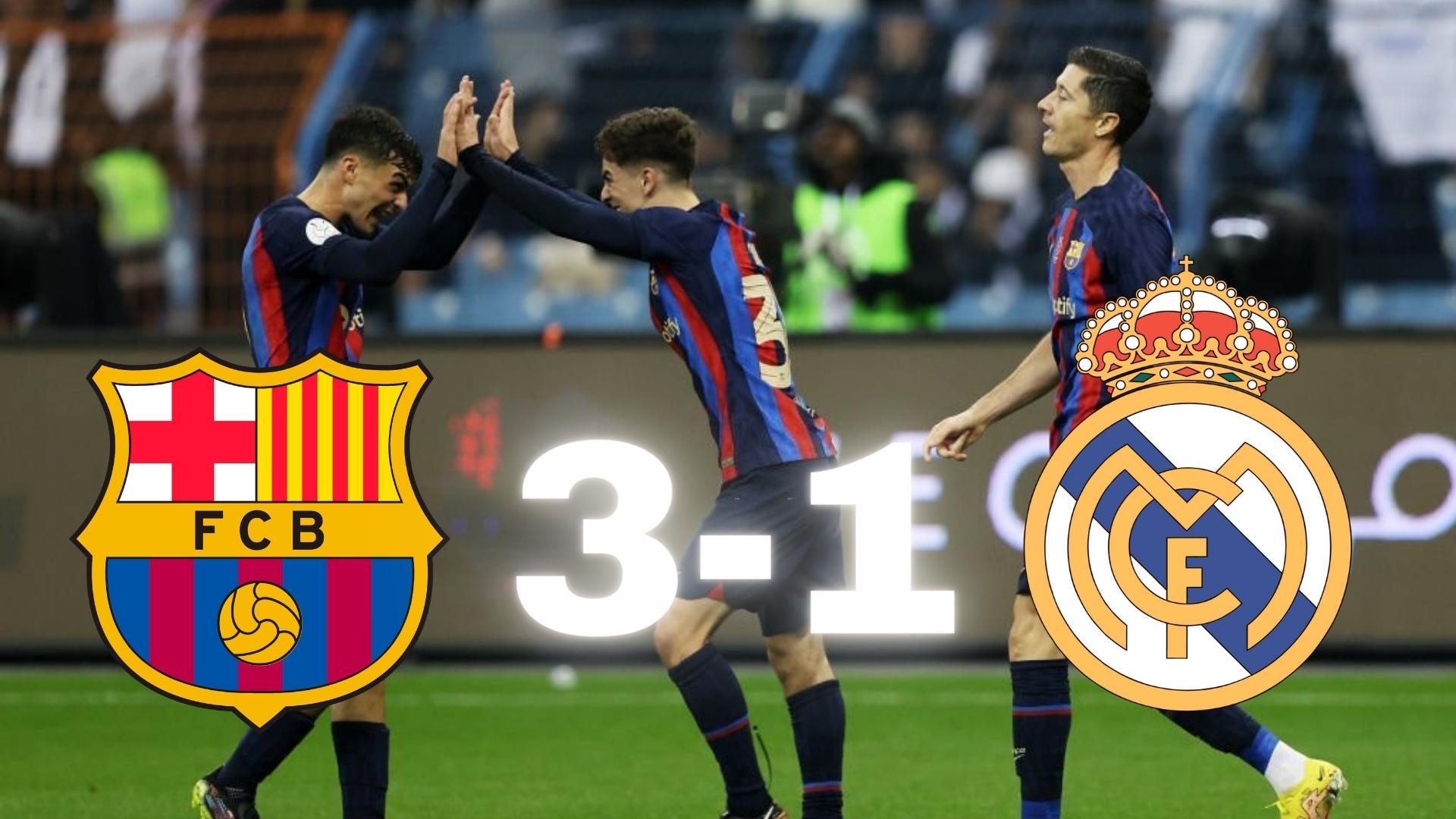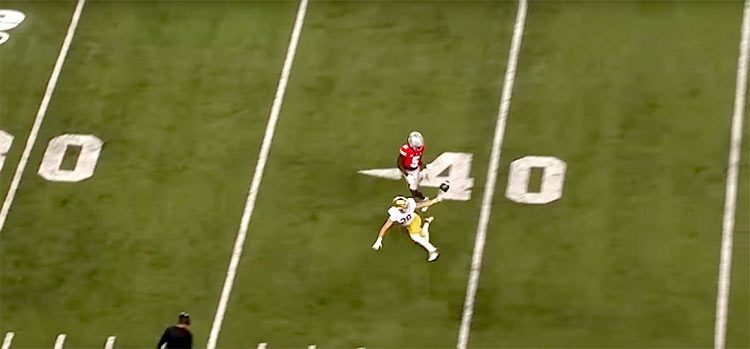Is A Coco Sequel A Good Idea? Pixar's Planned Coco 2 Faces Criticism

Table of Contents
The Enduring Power of Coco's Story & Why a Sequel is Risky
Coco's success stemmed from its unique and emotionally resonant narrative. It masterfully blended a captivating coming-of-age story with a profound exploration of family, tradition, and Mexican cultural identity, specifically the celebration of Dia de los Muertos. The film’s impact transcended age and cultural boundaries. However, this very success makes a sequel a risky proposition.
- The original film's powerful ending felt conclusive and complete. Miguel achieved his dream, reconciled with his family, and honored his great-grandmother's legacy. A sequel risks undermining this satisfying resolution.
- A sequel risks diluting the emotional impact of the original's powerful message. Adding a new storyline might overshadow the core themes that made Coco so special.
- Introducing new characters might detract from the established emotional core of the original Coco movie. The relationships between Miguel, his family, and his ancestors were central to the film's emotional power. New characters could disrupt this delicate balance.
- Poorly executed sequels can damage the reputation of beloved films. Many animated movie sequels, even those from prestigious studios, have failed to live up to the original, leaving audiences disappointed and harming the franchise's overall legacy. The Disney Coco franchise's success needs to be protected.
The potential for a Coco sequel to feel unnecessary or forced is a significant concern. While some animated movie sequels have successfully expanded upon the original (like Toy Story 2), others have fallen flat, demonstrating the inherent challenges in crafting a worthy follow-up. A Coco 2 needs to justify its existence beyond mere commercial incentives.
Potential Narrative Paths for a Coco Sequel & Their Challenges
While a Coco sequel presents significant risks, several potential narrative paths could be explored, provided they're handled with utmost sensitivity and respect for the source material.
- Focusing on a new generation within Miguel's family: Exploring the next generation's relationship with their family traditions and their own journeys within the Land of the Dead could offer a fresh perspective. This approach, however, needs to avoid simply rehashing the original's plot.
- Expanding the Land of the Dead: Introducing new characters and exploring different aspects of the afterlife could provide a visually stunning and narratively rich setting for a sequel. Maintaining the authenticity and cultural sensitivity of the Dia de los Muertos celebration is crucial here. A Disney Coco sequel which lacks cultural respect is almost certain to fail.
- Showcasing other cultural traditions related to Dia de los Muertos: Exploring the diverse regional variations and expressions of Dia de los Muertos across Mexico could broaden the cultural scope of the franchise. However, this requires meticulous research and collaboration with cultural experts to avoid appropriation or misrepresentation.
The creative hurdles are substantial. Any attempt to create a Coco sequel needs to approach the subject matter with great care. Misrepresenting or trivializing Dia de los Muertos – the very heart of the original film’s cultural richness – would be a grave mistake and likely lead to significant backlash from fans and critics.
Fan Reactions and the Importance of Audience Sentiment
The prospect of a Coco sequel has generated mixed reactions online. Social media platforms are abuzz with discussions, showcasing both fervent support and vehement opposition.
- Many fans express concerns about potentially ruining the perfect ending of the original Coco movie.
- Others suggest potential storylines but emphasize the need for cultural sensitivity and creative excellence.
- Some believe a sequel is unnecessary and would only serve commercial purposes.
The impact of fan sentiment on a sequel's success or failure cannot be overstated. Pixar needs to listen carefully to its audience and understand their perspectives. Ignoring fan concerns could lead to a disastrous result, damaging the reputation of the Coco franchise.
The Commercial Implications of a Coco Sequel
Despite the creative risks, the commercial incentives for a Coco sequel are undeniable. Coco's massive success at the box office demonstrates its significant earning potential. A sequel could generate substantial revenue for Disney/Pixar. However, the potential profits must be weighed against the very real risks of alienating the fanbase and producing a disappointing film that could damage the franchise's long-term prospects. A poorly received Coco 2 could outweigh any short-term financial gains.
Conclusion
The decision of whether or not a Coco sequel is a good idea is complex and nuanced. While the original film's success makes a sequel commercially appealing, the risks of damaging its legacy are significant. The potential to dilute the emotional impact of the original, misrepresent cultural traditions, or simply create a disappointing film are all valid concerns.
Call to Action: What are your thoughts on a potential Coco sequel? Do you believe Pixar should proceed with caution or embrace the opportunity? Share your opinions on the Coco 2 debate in the comments below! Let's discuss the future of the beloved Coco movie franchise. Should Pixar move forward with a Coco sequel, or is it best to leave the story as it stands?

Featured Posts
-
 Brisbane Mayor Withdraws Q Music Support After Slamming Award Winning Musician
May 29, 2025
Brisbane Mayor Withdraws Q Music Support After Slamming Award Winning Musician
May 29, 2025 -
 Mstqbl Mdafe Lyfrkwzn Antqal Mfajy Lnad Jdyd
May 29, 2025
Mstqbl Mdafe Lyfrkwzn Antqal Mfajy Lnad Jdyd
May 29, 2025 -
 Immediate Post Match Analysis Barcelona 4 3 Real Madrid
May 29, 2025
Immediate Post Match Analysis Barcelona 4 3 Real Madrid
May 29, 2025 -
 Is This Fantasy Show Better Than The Witcher Henry Cavill Thinks So
May 29, 2025
Is This Fantasy Show Better Than The Witcher Henry Cavill Thinks So
May 29, 2025 -
 Spring Valleys 88 36 Rout Of Spring Mills Game Recap And Highlights
May 29, 2025
Spring Valleys 88 36 Rout Of Spring Mills Game Recap And Highlights
May 29, 2025
